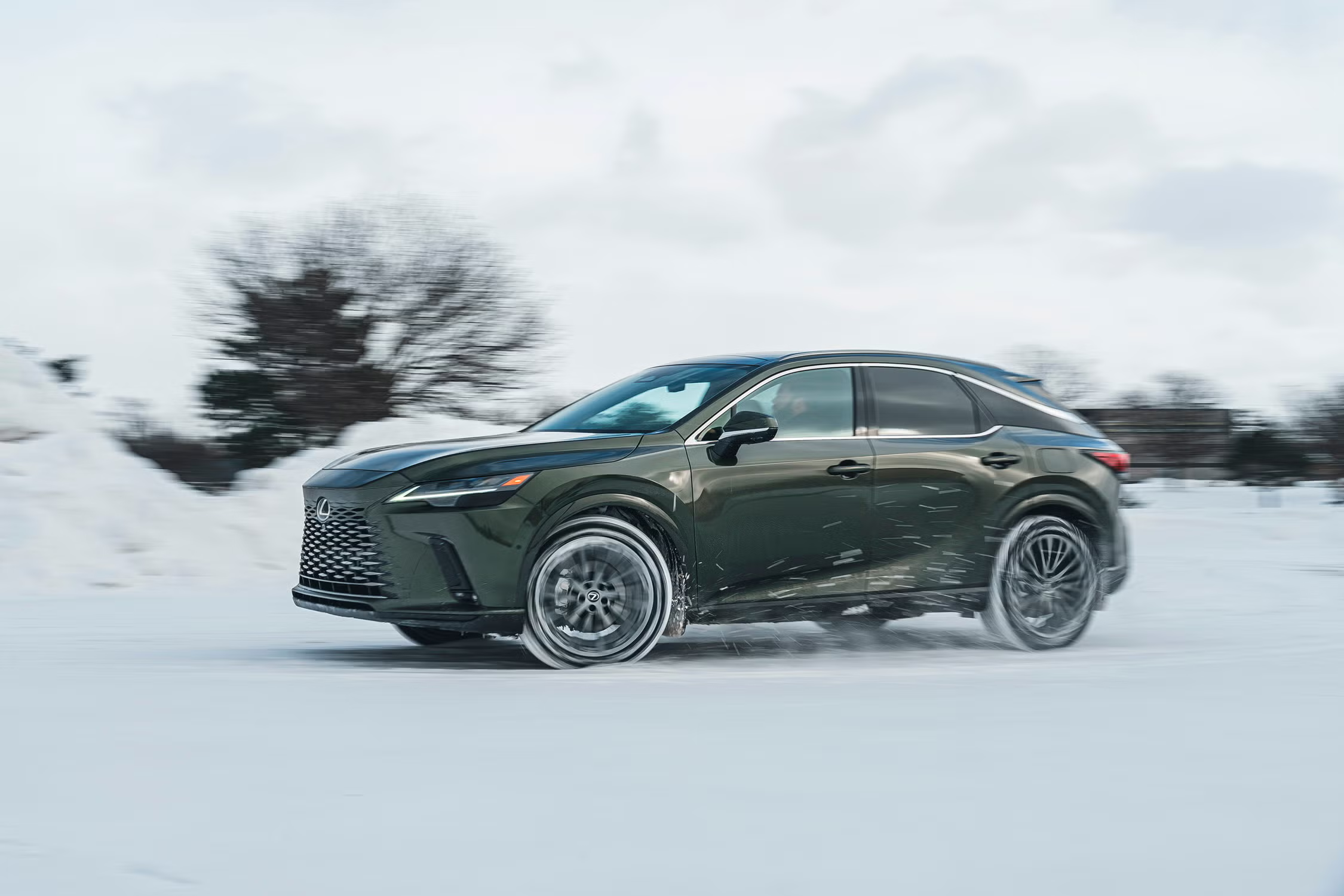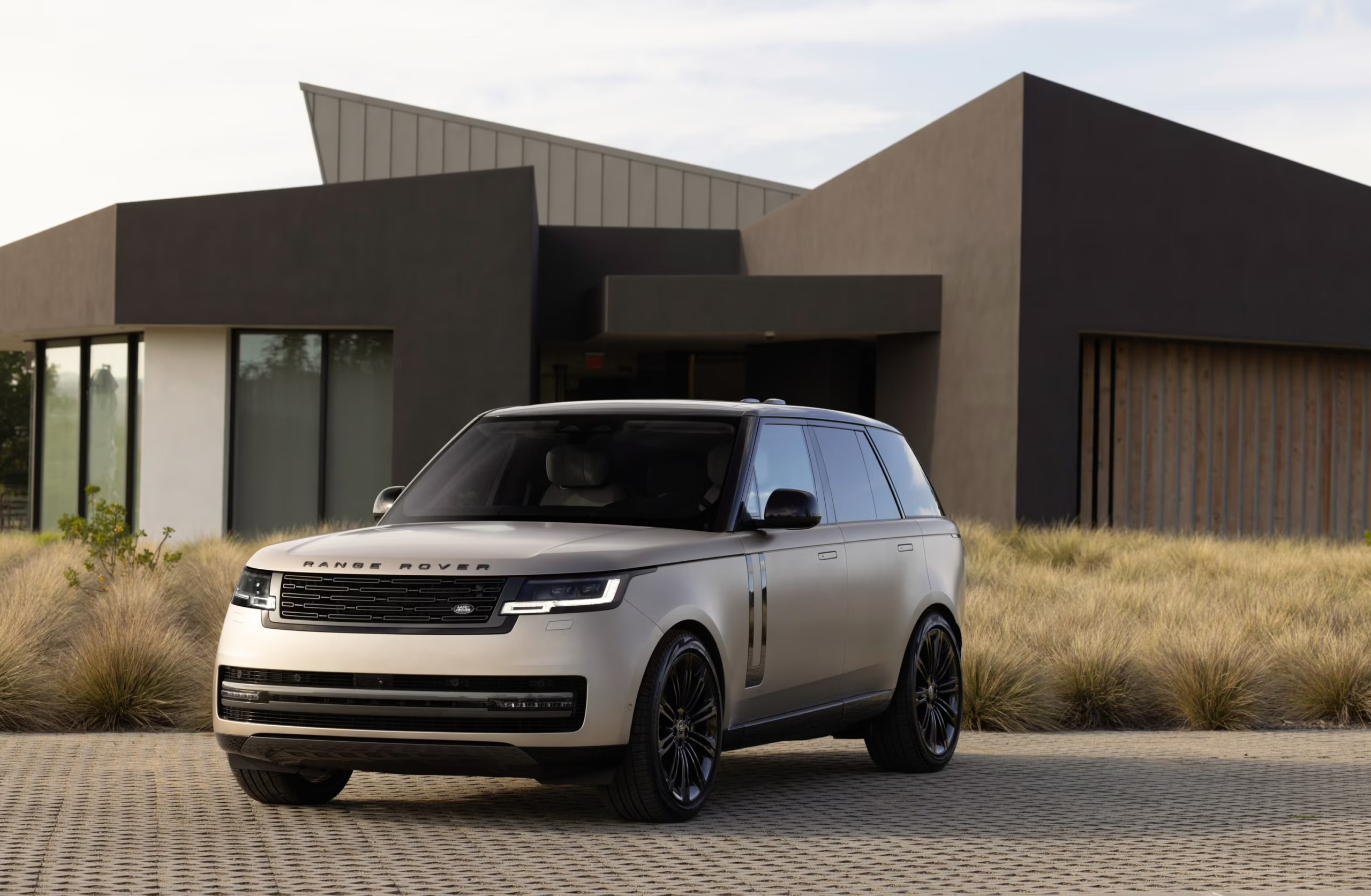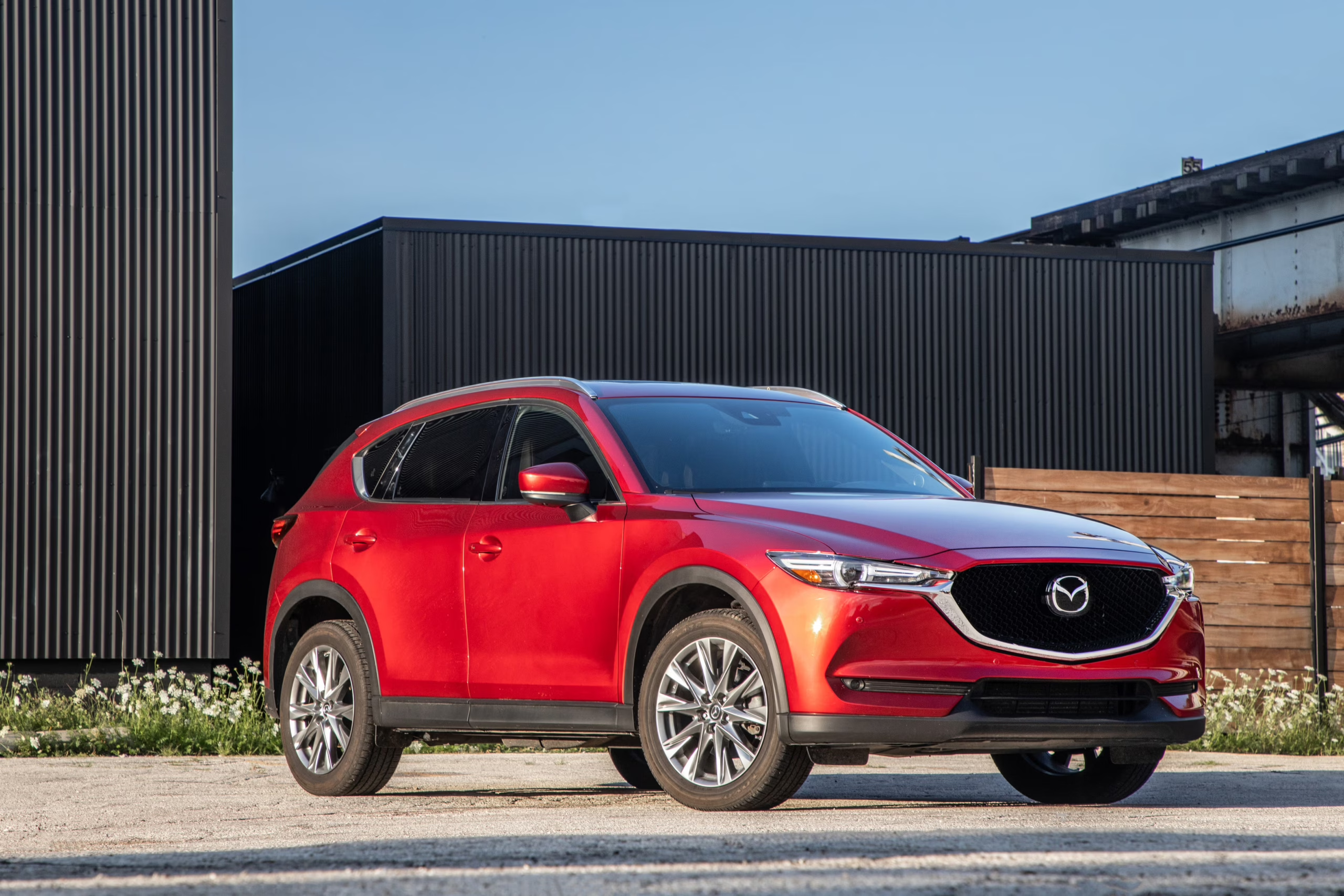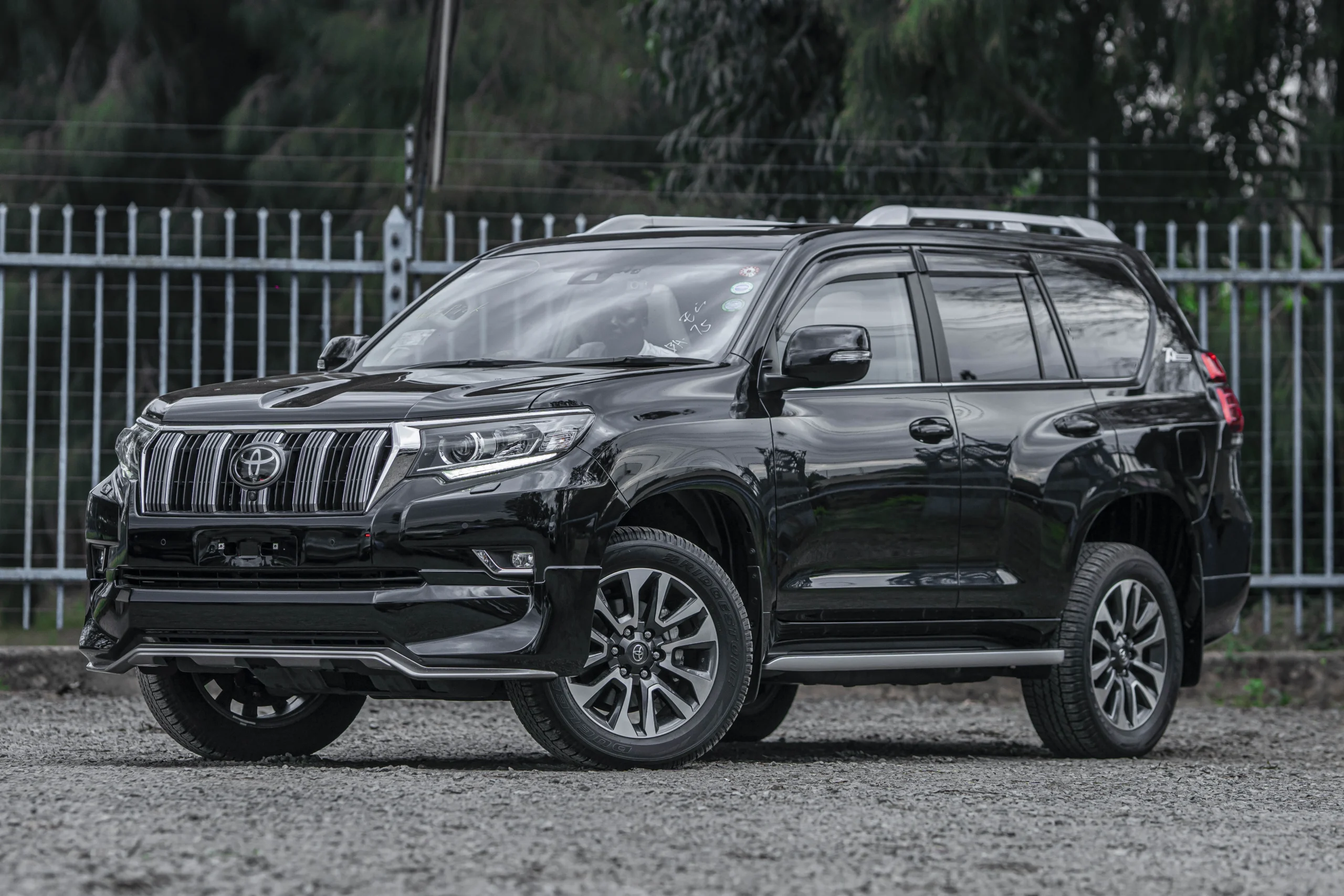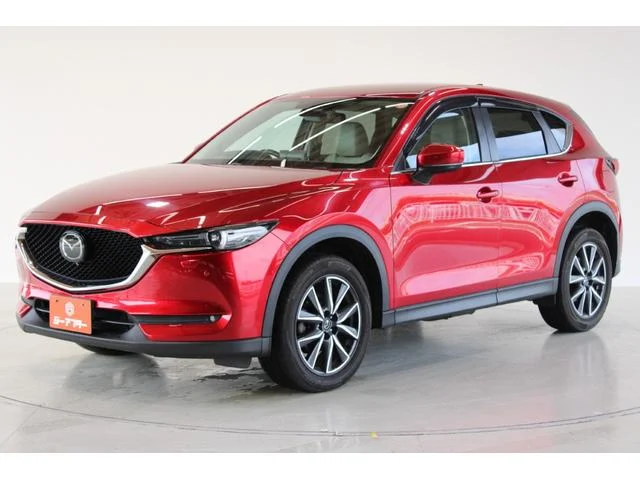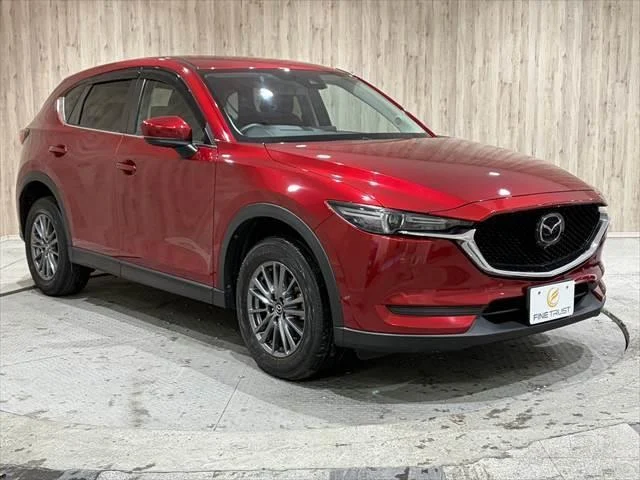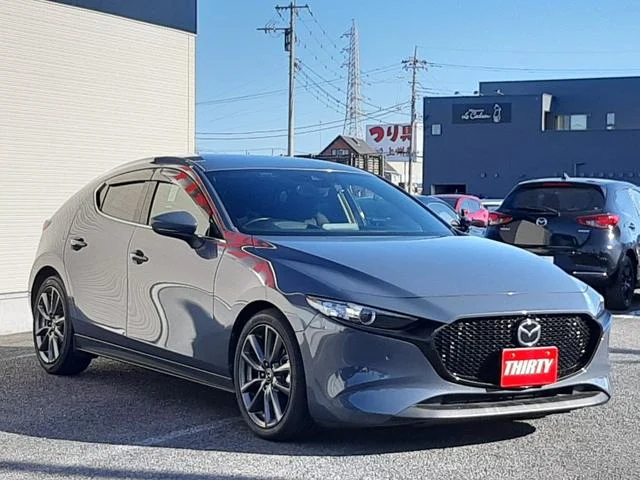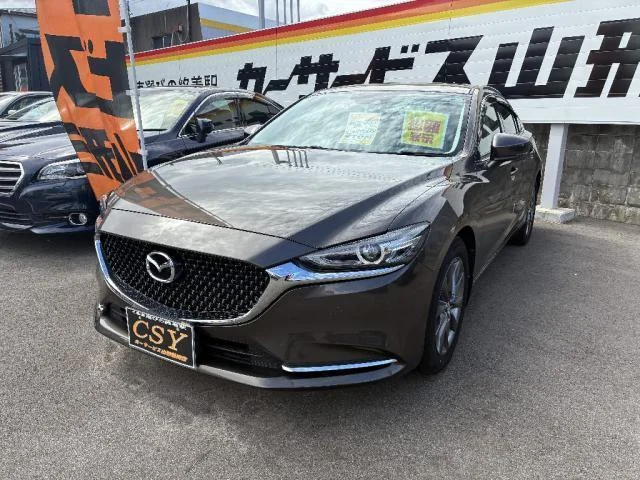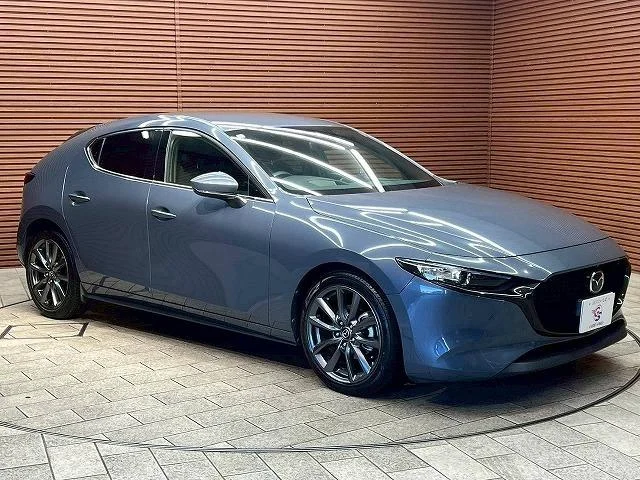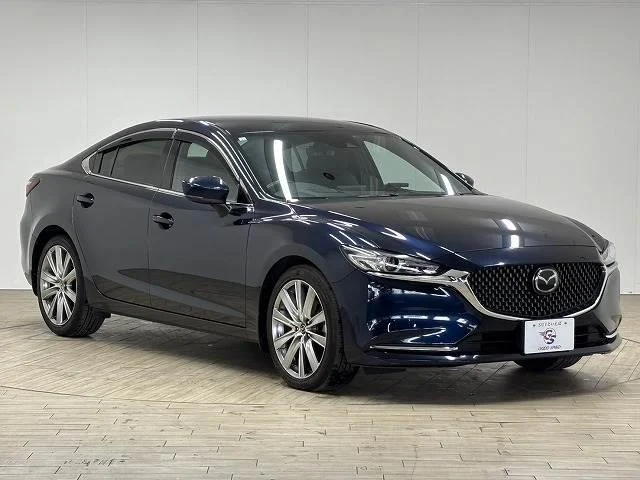Understanding the Risks of Importing Cars from Japan
Importing vehicles from Japan presents a unique set of challenges for Kenyan buyers.
While the Japanese market offers a vast selection of vehicles, the distance and cultural differences can create opportunities for unscrupulous dealers.
The primary risk lies in the potential for misrepresented vehicle history.
Sellers, motivated by profit, may attempt to conceal previous accidents or structural damage to inflate the car’s value.
This deception can range from minor cosmetic repairs that hide underlying issues to significant structural damage that compromises the vehicle’s integrity.
Furthermore, the complexity of Japanese vehicle documentation and inspection reports can be overwhelming for those unfamiliar with the system.
Navigating this landscape requires a keen eye for detail and a healthy dose of skepticism.
It’s important to remember that not all dealers are dishonest, but due diligence is always essential to protect yourself from potential scams and ensure you’re getting a fair deal.
Consider exploring popular brands like Toyota or Lexus, known for their reliability, but always verify the vehicle’s history.
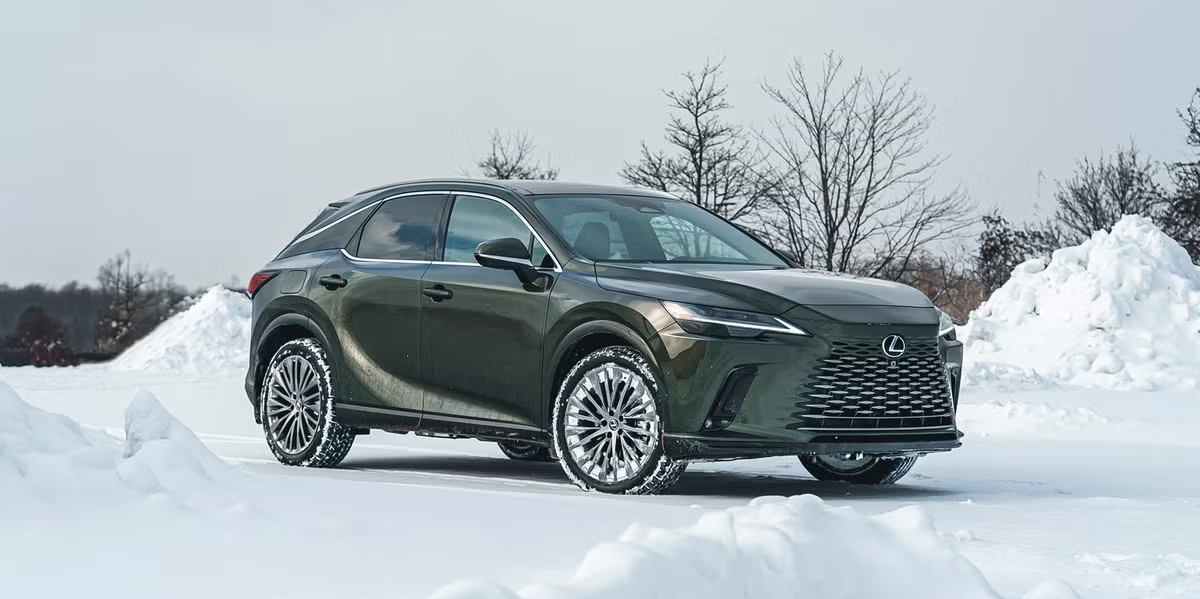
Researching the Vehicle’s History
Before even considering a purchase, thorough research is paramount.
Don’t rely solely on the seller’s word or the initial inspection report.
Begin by obtaining the vehicle’s Japanese history report, often referred to as a “JAAA report.” This report provides valuable information about the vehicle’s registration history, including any recorded accidents, theft attempts, or flood damage.
While not foolproof, it’s a crucial first step in uncovering potential issues.
Several online services specialize in providing these reports, often for a small fee.
Be wary of sellers who are reluctant to provide this report or who offer suspiciously cheap alternatives.
Cross-reference the information in the JAAA report with other available data, such as online vehicle valuation tools and forums dedicated to Japanese car imports.
Remember, a little extra effort in the research phase can save you a significant amount of money and heartache down the line.
If you’re interested in a Mazda, for example, researching its specific model’s common issues can be beneficial.
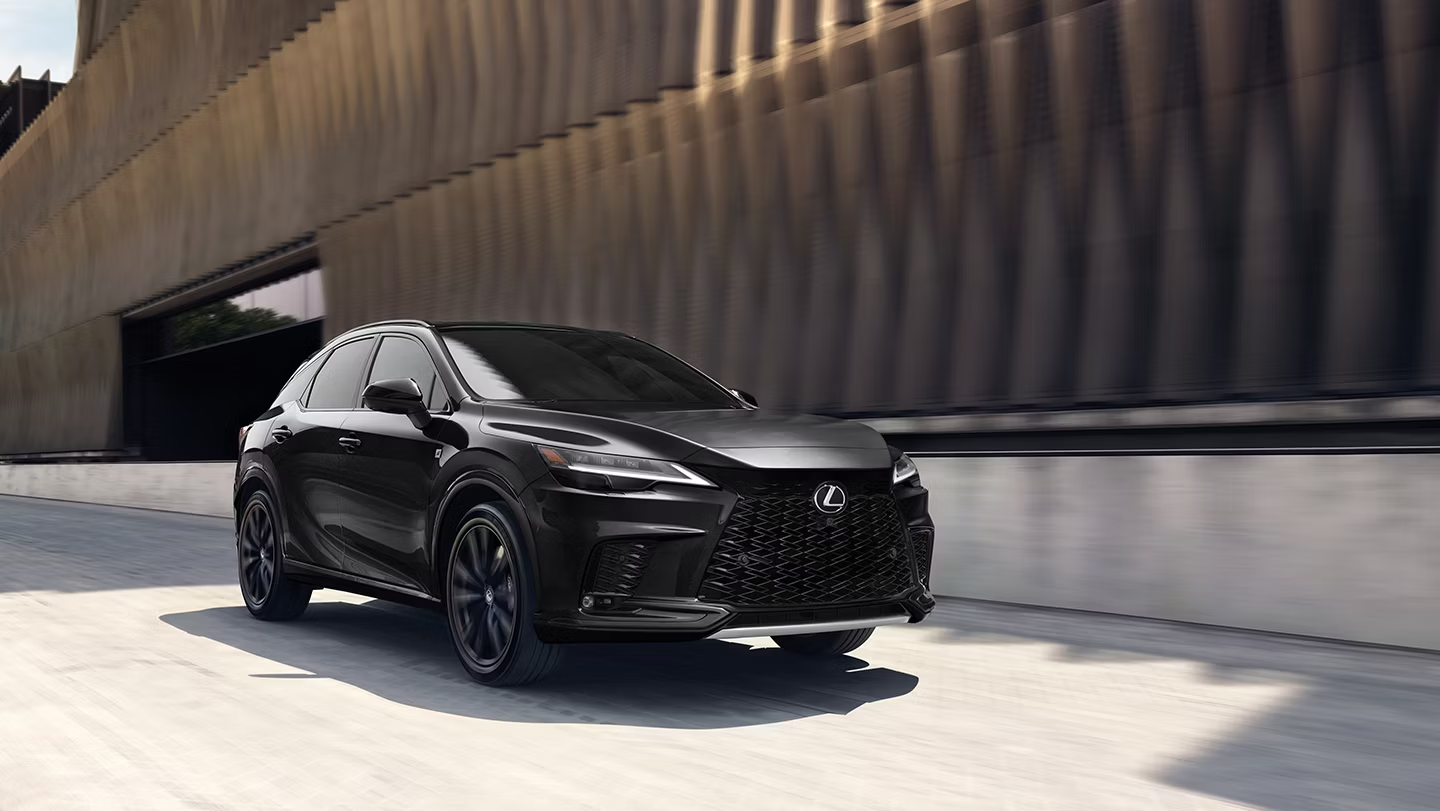
Identifying Red Flags in the Import Process
Beyond the vehicle’s history, pay close attention to the overall import process.
Several red flags can indicate a potential scam.
Be suspicious of sellers who pressure you into making a quick decision or who demand a large upfront payment without providing sufficient documentation.
Unusually low prices compared to similar vehicles should also raise concerns.
Scammers often lure buyers with irresistible deals that are too good to be true.
Examine the paperwork carefully, ensuring all details match the vehicle’s description and the JAAA report.
If anything seems inconsistent or unclear, don’t hesitate to ask for clarification.
Trust your instincts – if something feels off, it probably is.
A reputable importer will be transparent about their processes and willing to answer your questions openly and honestly.
They will also provide clear documentation and guarantees, giving you peace of mind throughout the import process.
You can learn more about our import process to understand what to expect.
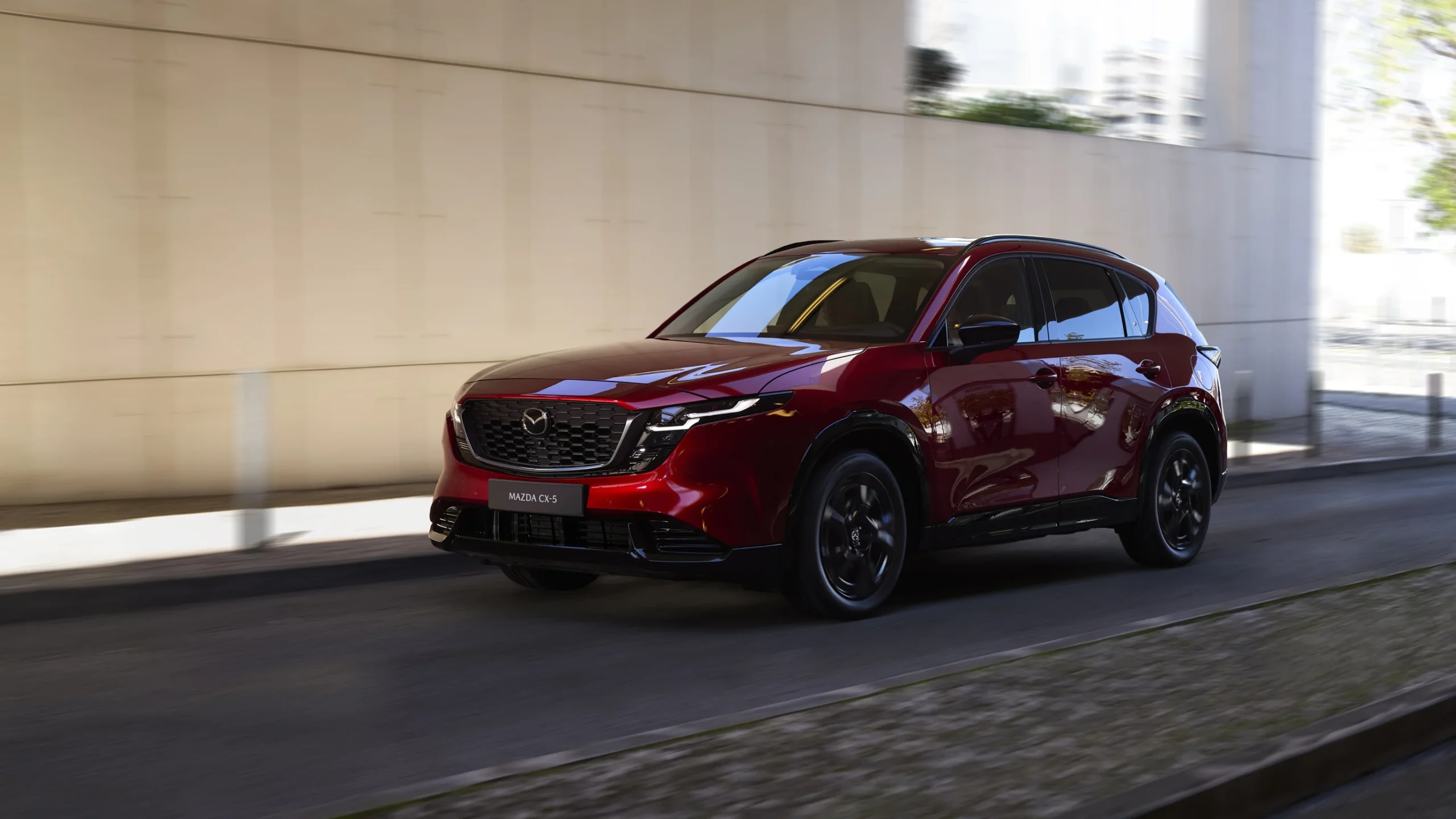
The Importance of Inspection and Verification
Even with a clean history report, a physical inspection is absolutely essential.
Ideally, have a trusted and experienced mechanic conduct a thorough inspection of the vehicle before it’s shipped to Kenya.
This inspection should go beyond a cursory visual check and include a comprehensive assessment of the engine, transmission, chassis, and bodywork.
Pay particular attention to signs of previous repairs, such as mismatched paint, uneven panel gaps, or signs of welding.
If possible, use a mechanic who specializes in imported vehicles, as they will be familiar with common issues and potential red flags.
Consider the specific model you’re interested in; for instance, a BMW X6 might require a specialist due to its complex systems.
This step is an investment in your peace of mind and can prevent costly surprises once the vehicle arrives in Kenya.
Don’t skip this crucial step, no matter how tempting the deal may seem.
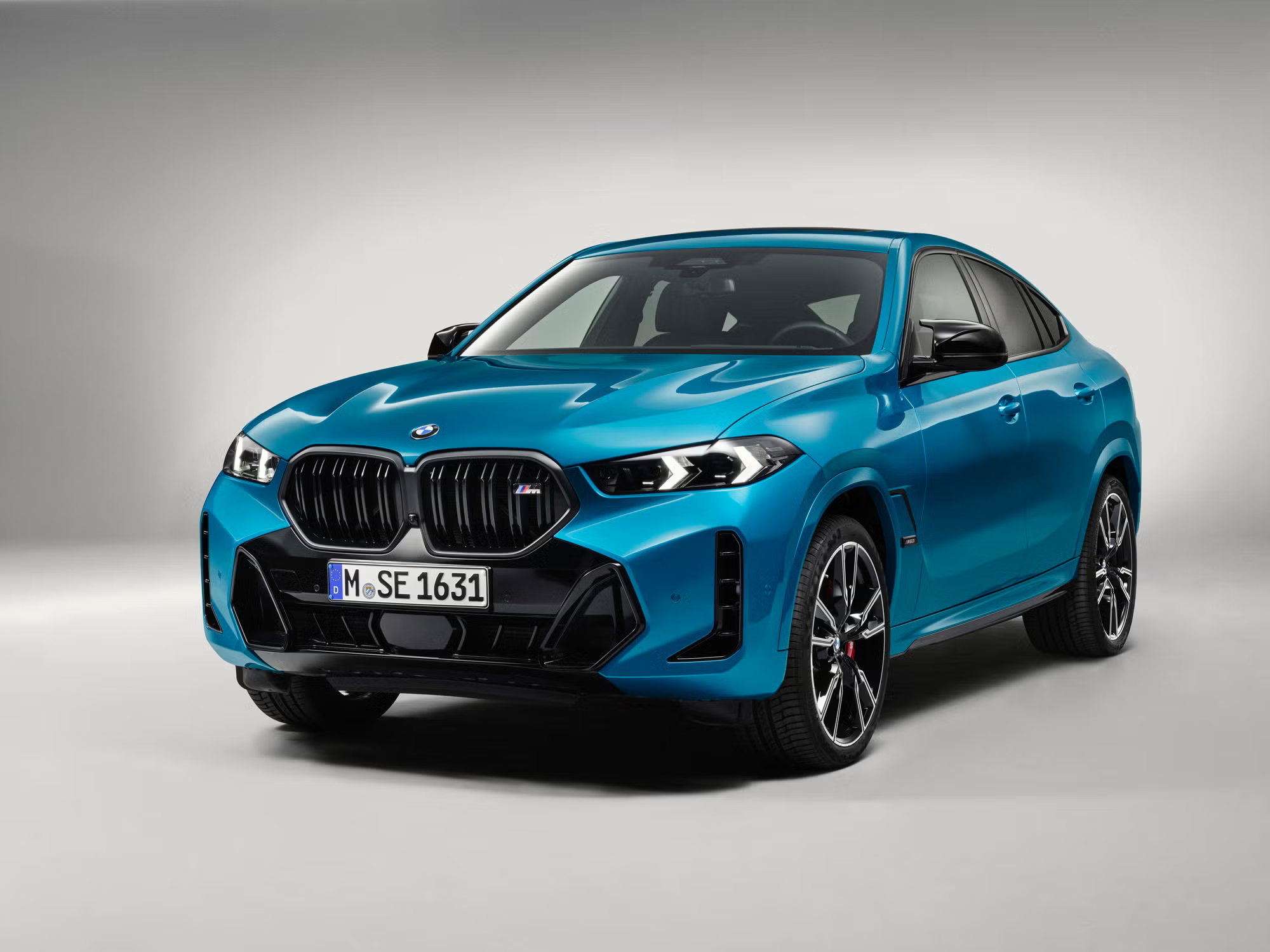
How to Check for Accident Damage
Identifying accident damage requires a keen eye and a systematic approach.
Start by carefully examining the vehicle’s body panels for any signs of mismatched paint, ripples, or uneven gaps.
Use a magnet to check for body filler, which is often used to conceal repairs.
A magnet will not stick to areas where body filler has been applied.
Inspect the vehicle’s frame rails for any signs of bending or welding.
These are critical structural components, and any damage can compromise the vehicle’s safety.
Pay close attention to the wheel wells, as these are often damaged in accidents.
Look for signs of rust or corrosion, which can indicate previous repairs.
If you’re considering a Lexus NX250, for example, carefully inspect the crumple zones for any signs of repair.
Don’t be afraid to get down on your hands and knees to examine the undercarriage thoroughly.
A professional inspection can reveal hidden damage that you might miss.
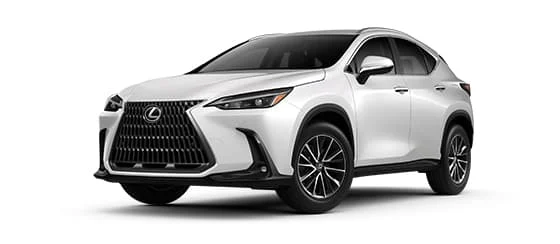
Working with a Trusted Import Partner
Navigating the complexities of car importation can be daunting, especially for first-time buyers.
Partnering with a reputable and experienced import company can significantly reduce your risk and streamline the process.
A trusted import partner will handle all the logistics, including sourcing vehicles, obtaining necessary documentation, arranging shipping, and clearing customs.
They will also conduct thorough inspections and verify the vehicle’s history, providing you with peace of mind.
Look for an import company with a proven track record, positive customer reviews, and transparent pricing. Enan Motors, for example, has years of experience in the car import business and a commitment to providing reliable and transparent services.
We prioritize customer satisfaction and ensure that every vehicle we import meets our stringent quality standards.
Don’t hesitate to ask for references and check their credentials before entrusting them with your import needs.
Choosing the right partner can make all the difference between a smooth and successful import and a costly and frustrating experience.
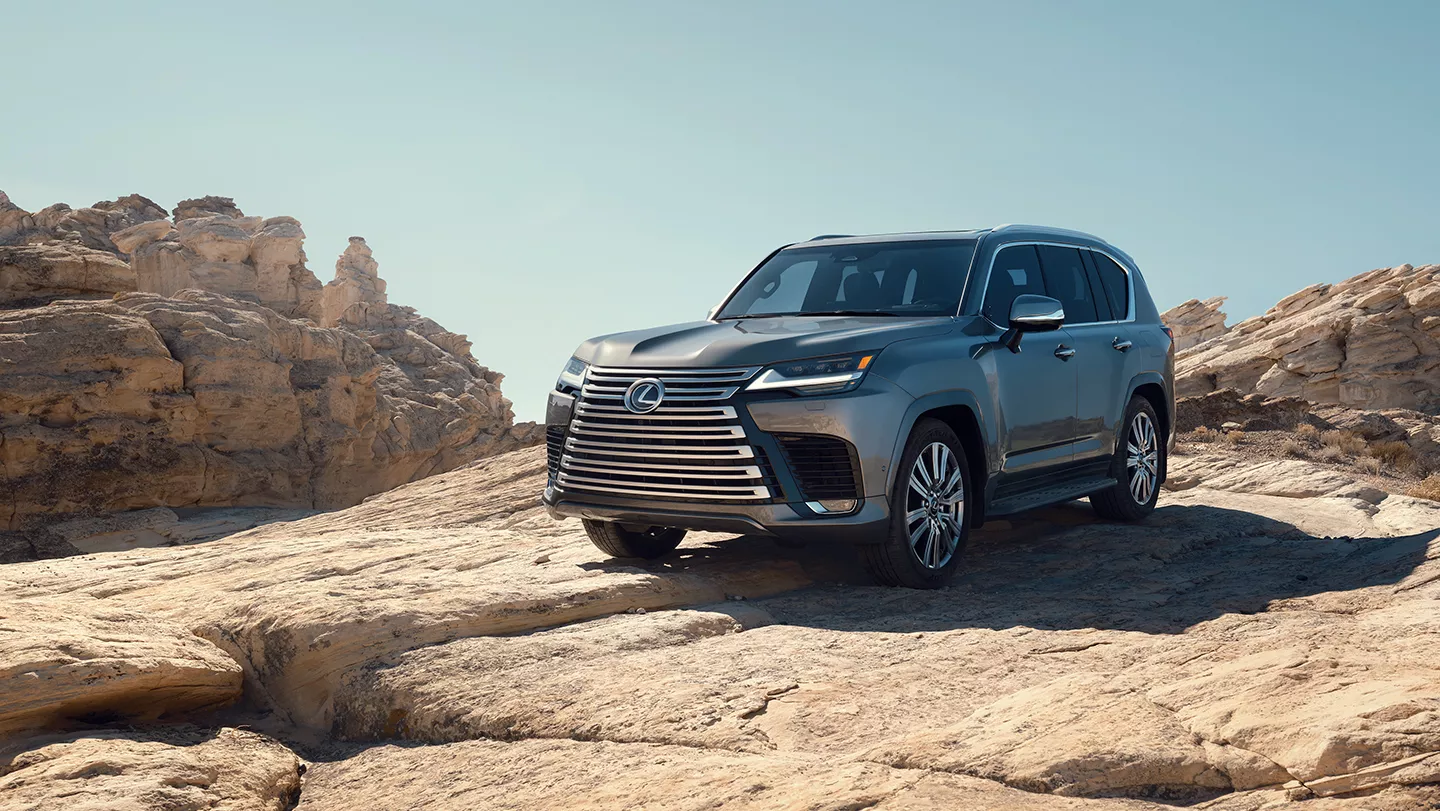
Avoiding Car Import Scams in Kenya
Car import scams are unfortunately prevalent in Kenya, targeting unsuspecting buyers with promises of cheap deals and high-quality vehicles.
Be wary of online advertisements that seem too good to be true, and avoid dealing with sellers who are unwilling to provide documentation or allow for a pre-shipment inspection.
Always verify the seller’s credentials and check their reputation with the Better Business Bureau or other consumer protection agencies.
Never send money upfront without a written contract that clearly outlines the terms of the agreement.
Be cautious of sellers who pressure you into making a quick decision or who demand payment in cash.
If you’re considering importing a luxury vehicle like a Mercedes Benz, be extra vigilant, as these are often targeted by scammers.
Remember, due diligence is your best defense against car import scams.
Take your time, do your research, and don’t be afraid to walk away from a deal that doesn’t feel right.

Conclusion: Safe and Reliable Car Import with Enan Motors
Importing a car from Japan can be a rewarding experience, but it’s essential to approach it with caution and awareness.
By understanding the risks, conducting thorough research, and working with a trusted import partner, you can significantly reduce your chances of falling victim to a scam or unknowingly importing an accident-damaged vehicle.
At Enan Motors, we are committed to providing our clients with a safe, reliable, and transparent car import service.
Our experienced team handles every aspect of the import process, from sourcing vehicles to clearing customs, ensuring that you receive a vehicle that meets your expectations and our stringent quality standards.
We offer a wide selection of vehicles, including popular models like the Lexus LX 600 and the Toyota Land Cruiser Prado, all thoroughly inspected and verified.
Don’t risk your hard-earned money on a potentially fraudulent deal.
Contact us today for a free consultation and let us help you navigate the car import process with confidence.
Call us at 0723 328 339, email us at imports@enanmotors.com, or message us on WhatsApp at 0723 328 339.
Browse our inventory to see our available cars.
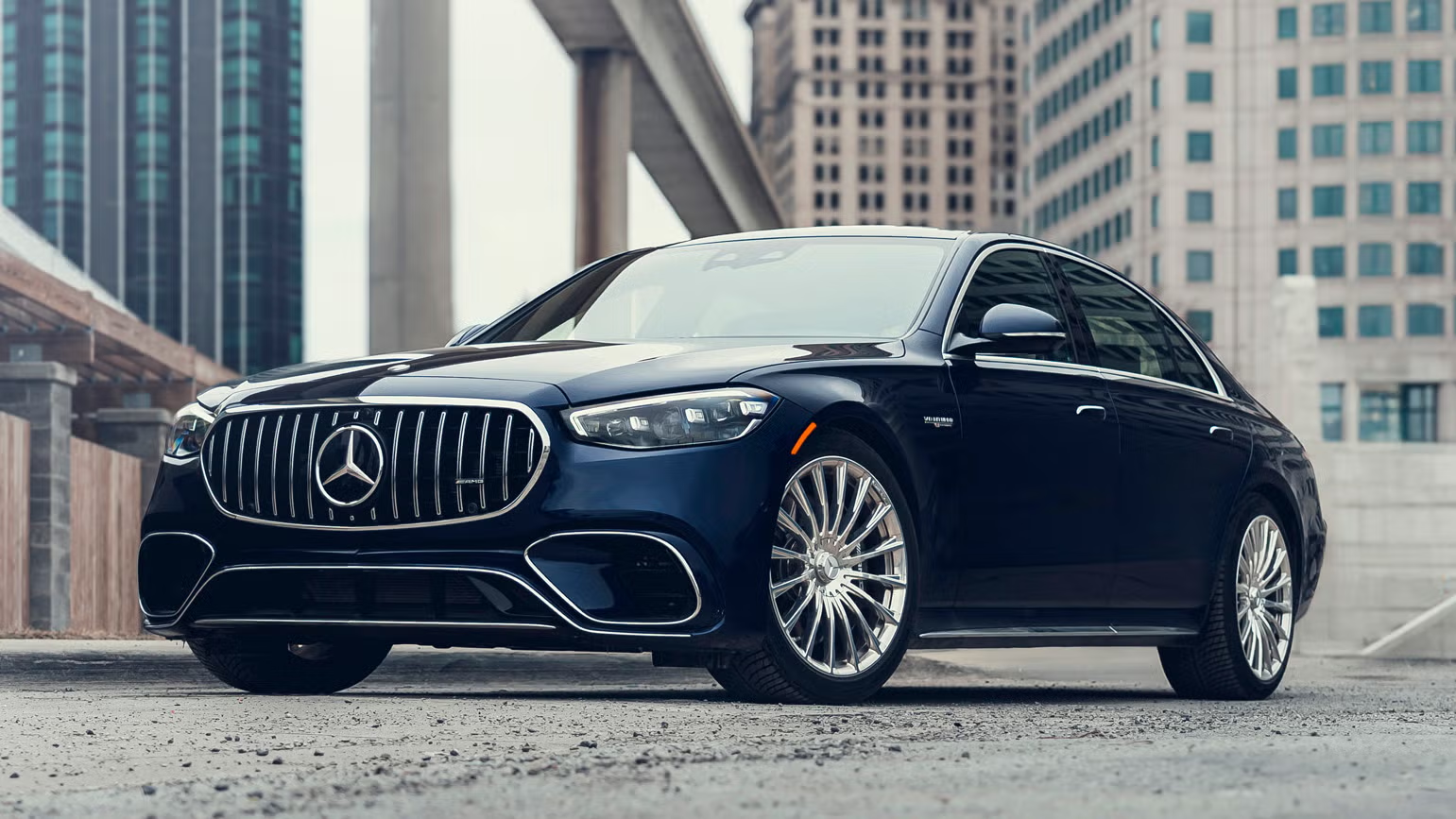
FAQ
- What is the biggest risk when importing a car from Japan?
The biggest risk is unknowingly importing an accident-damaged vehicle, often concealed to appear in good condition. - How can I verify a vehicle’s history?
Obtain a Japanese Automotive Appraisal Association (JAAA) report and cross-reference the information with other online resources. - Why is a pre-shipment inspection important?
A pre-shipment inspection by a trusted mechanic can reveal hidden damage and ensure the vehicle meets your expectations. - What should I look for when checking for accident damage?
Look for mismatched paint, uneven panel gaps, signs of welding, and body filler. - Why should I work with a trusted import partner?
A reputable import partner can handle the logistics, verify the vehicle’s history, and provide peace of mind throughout the process.

